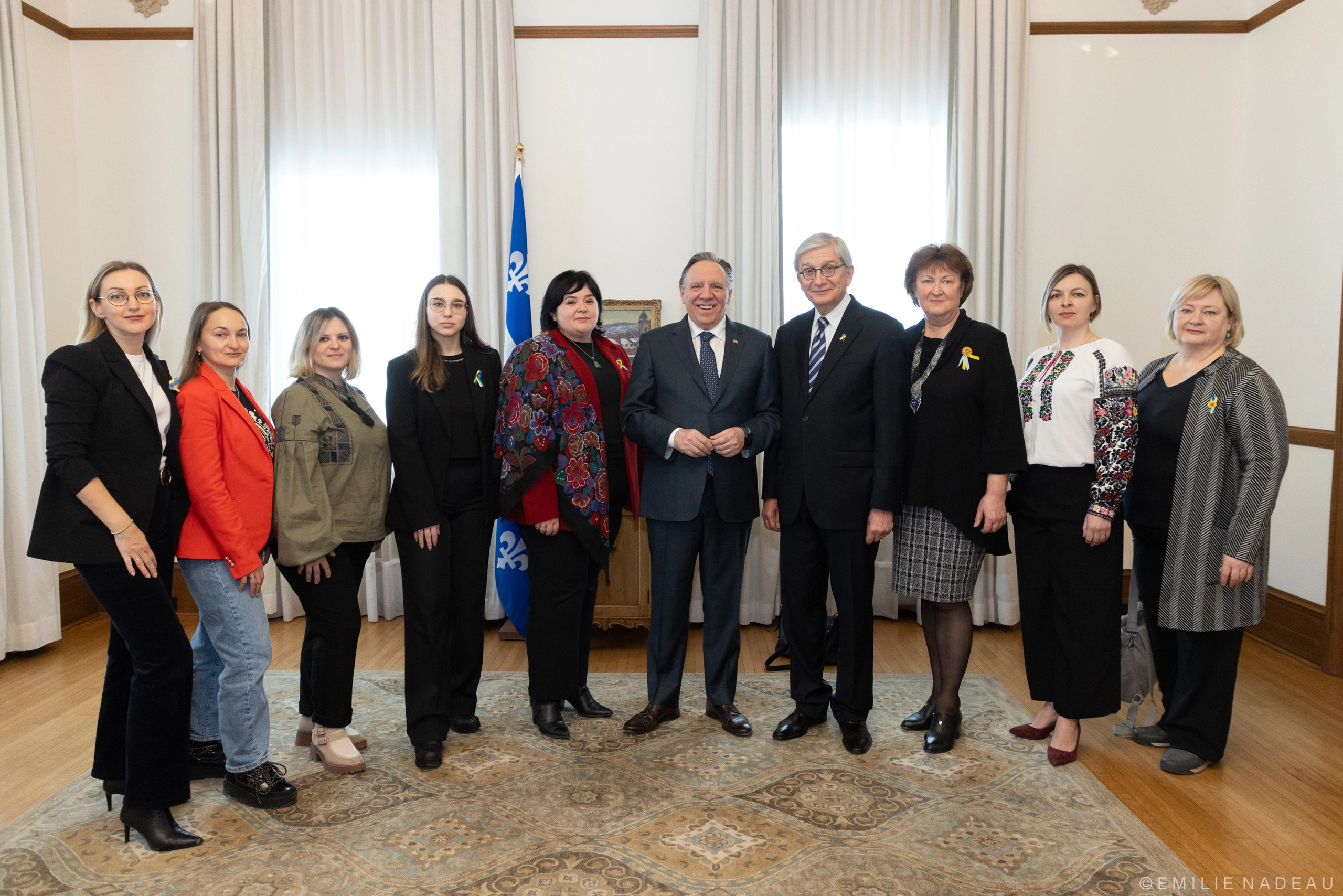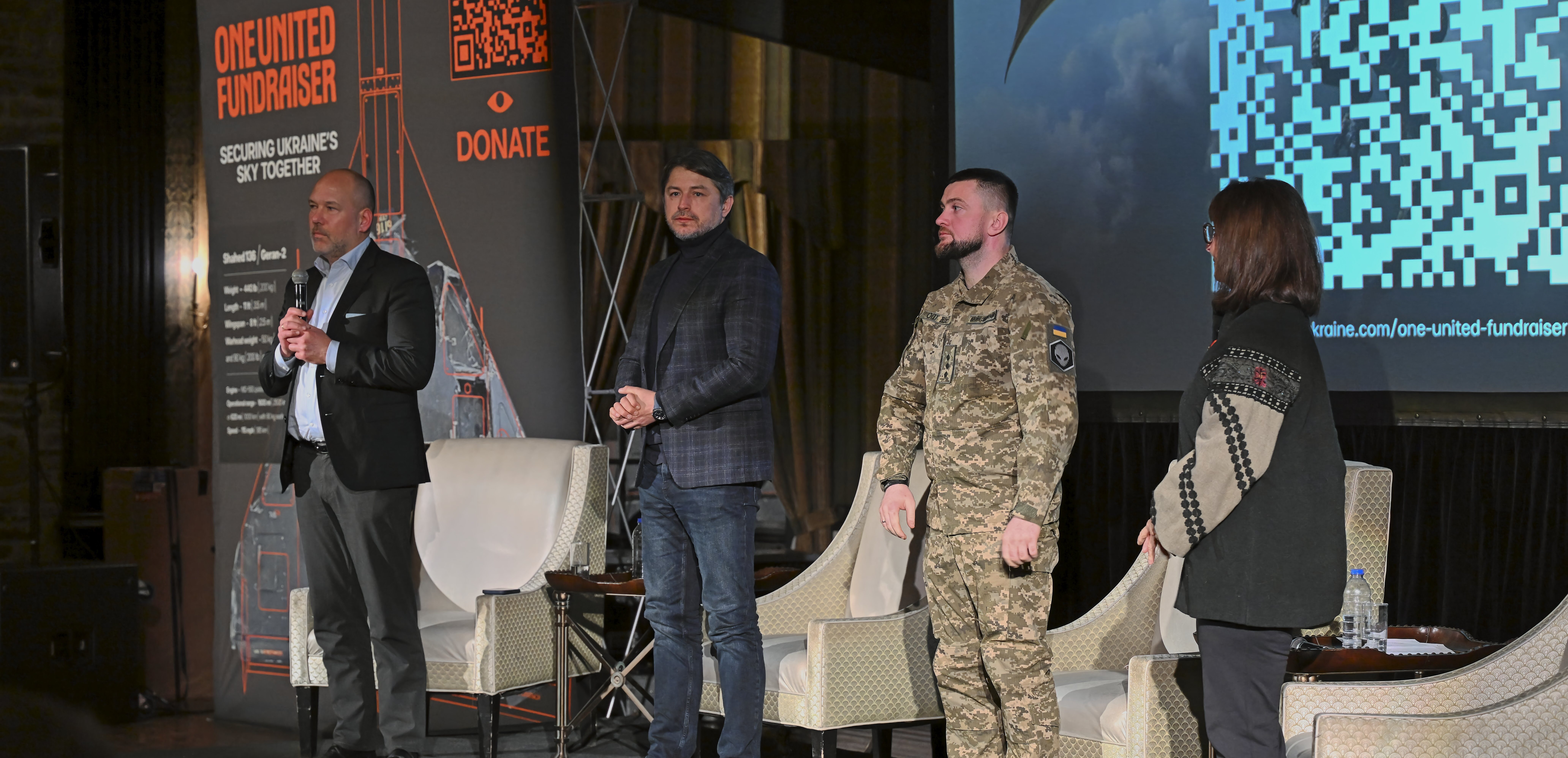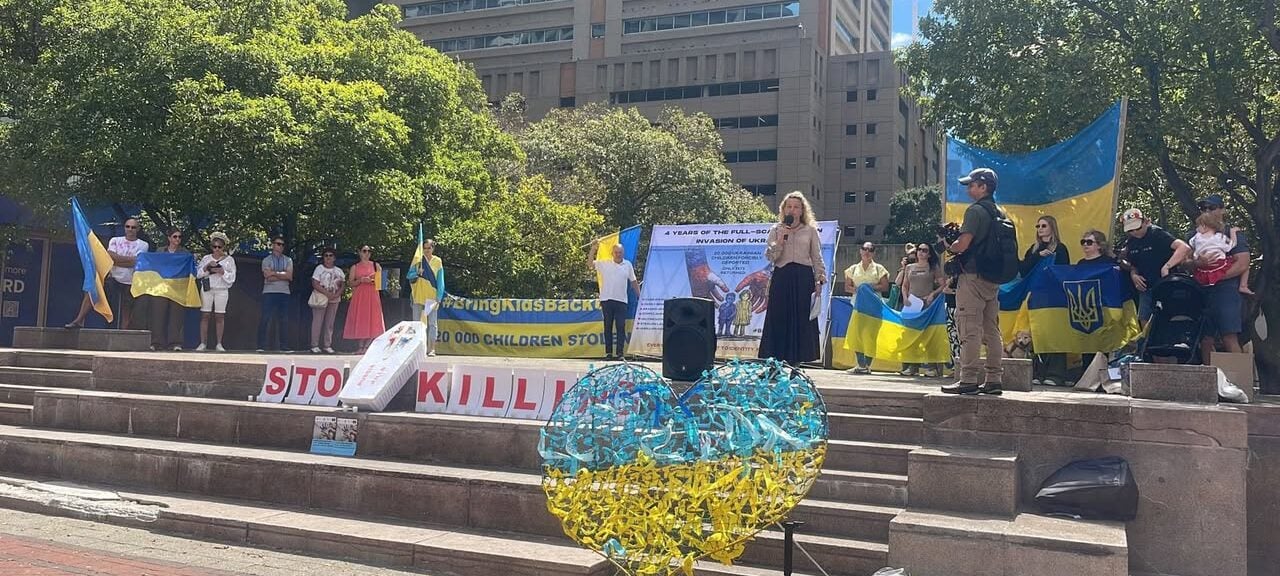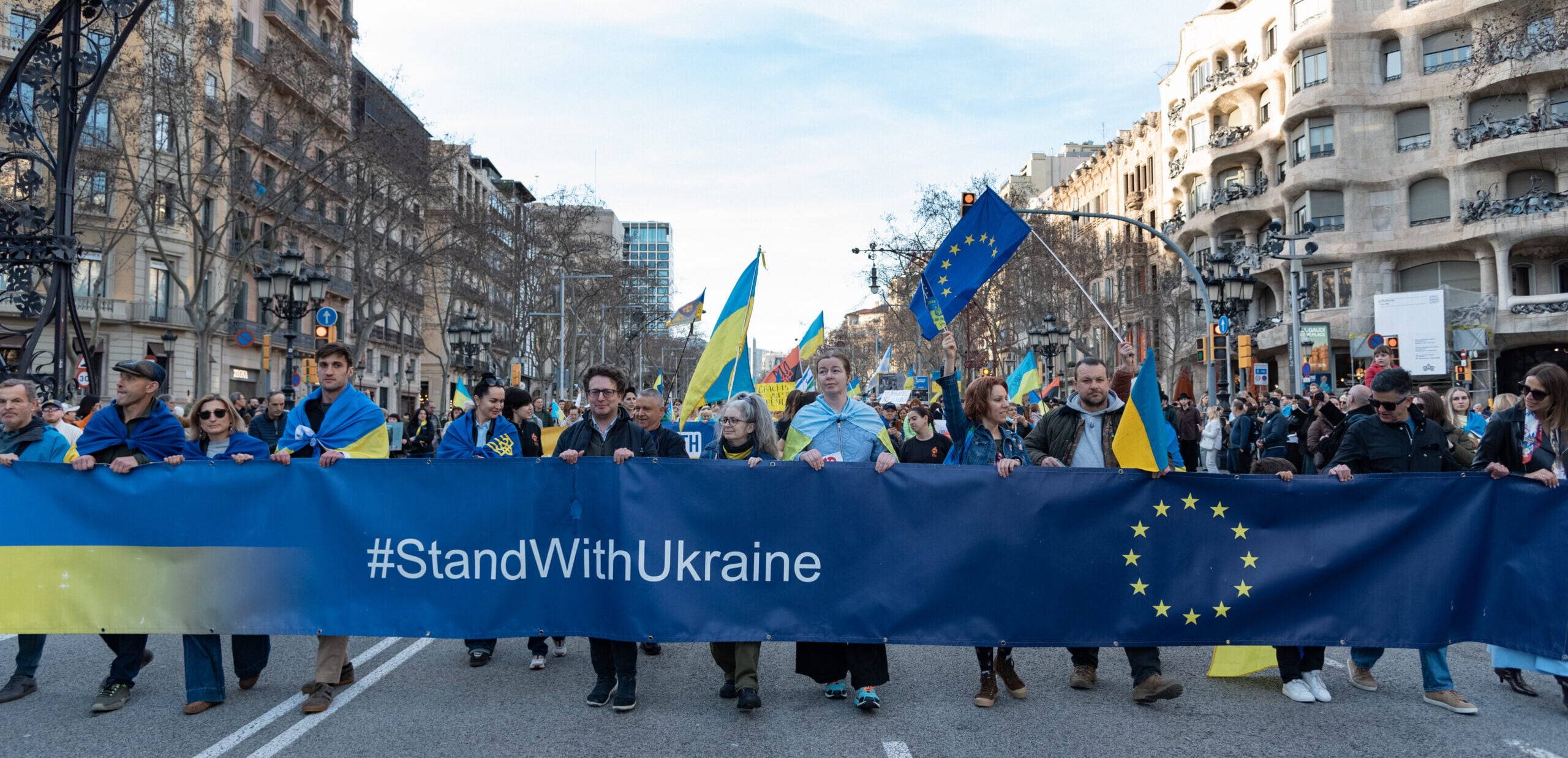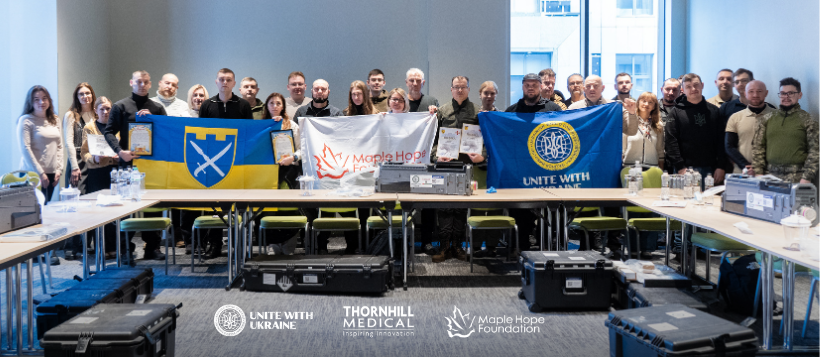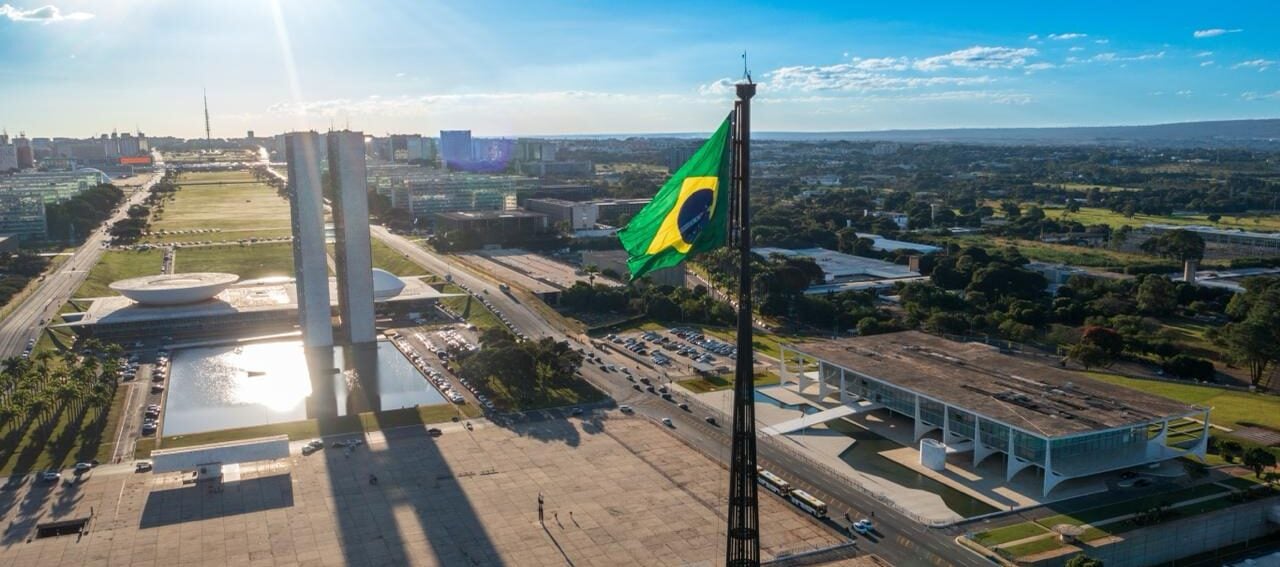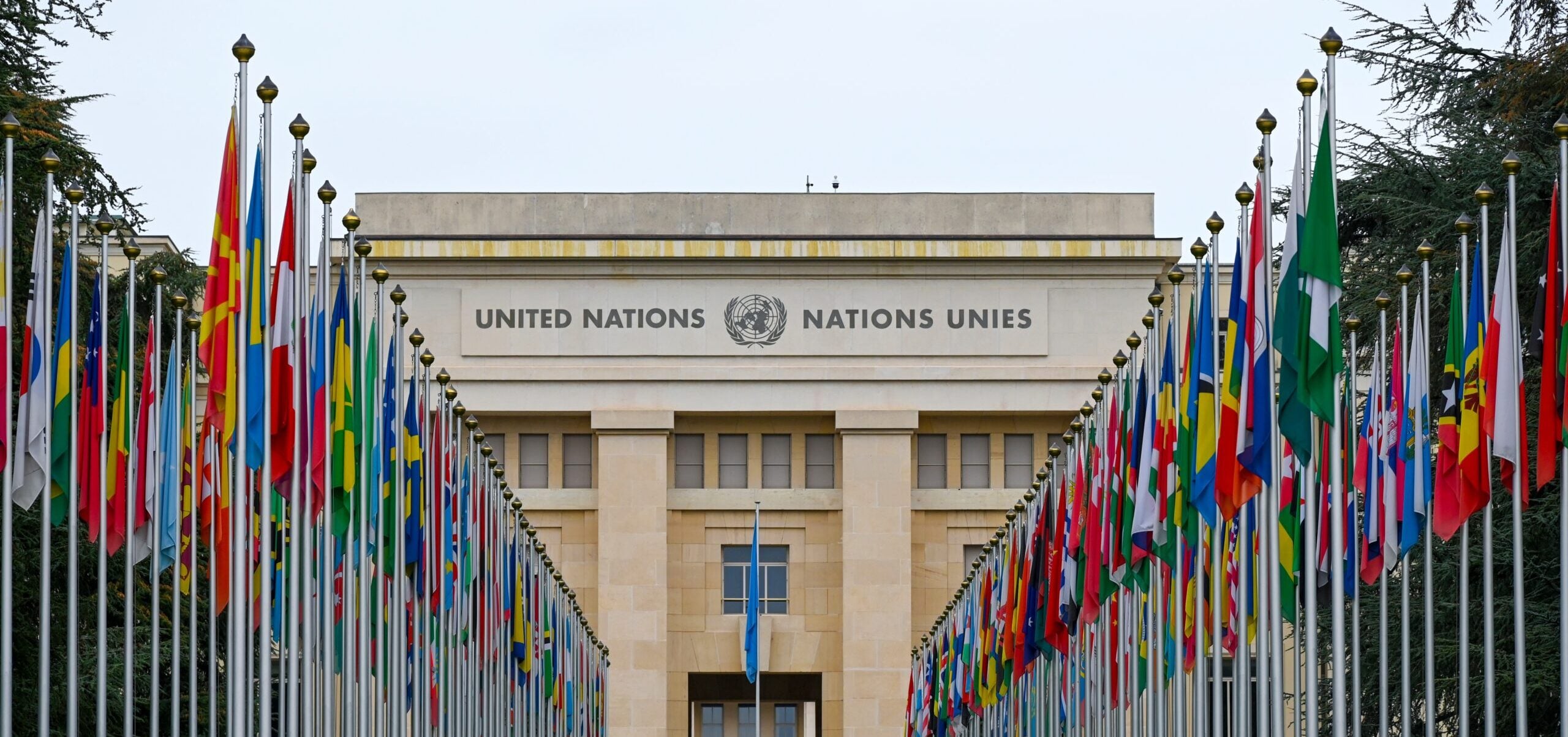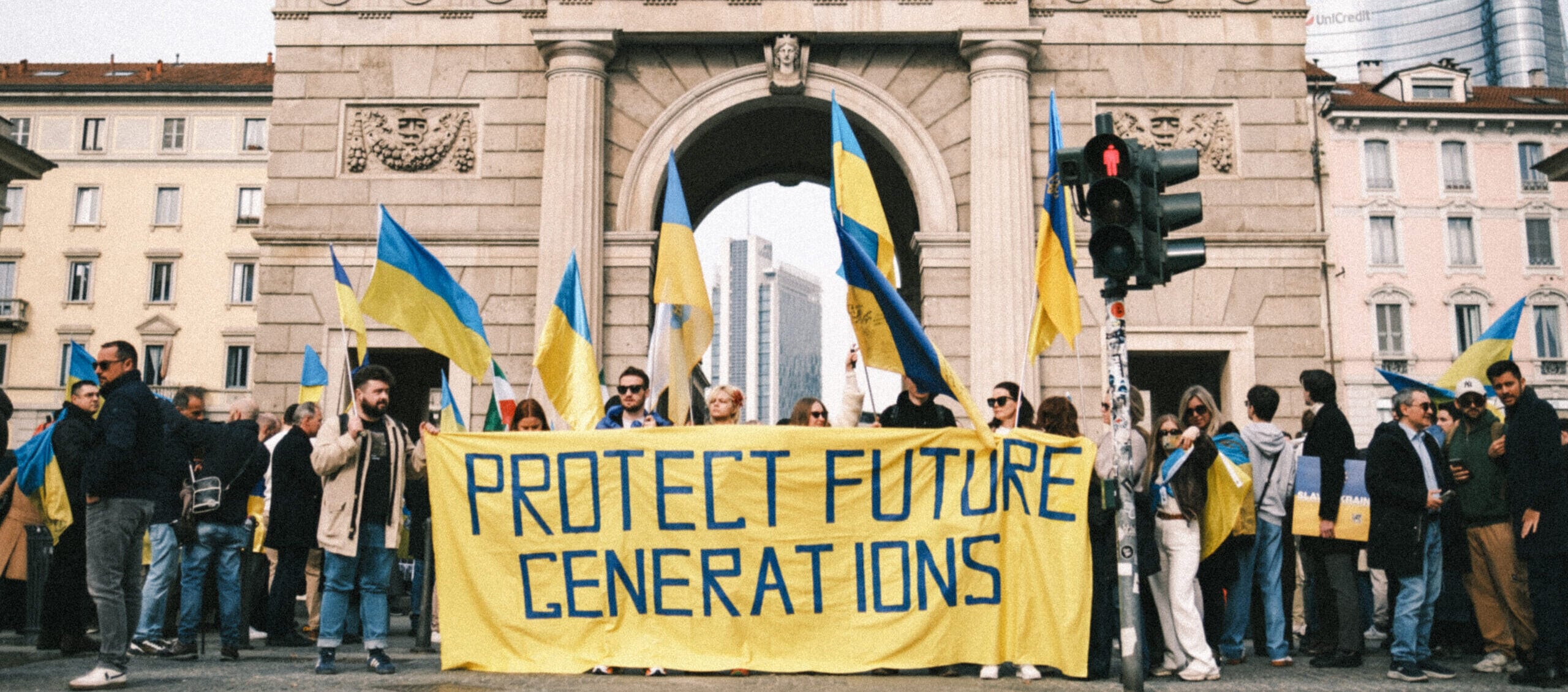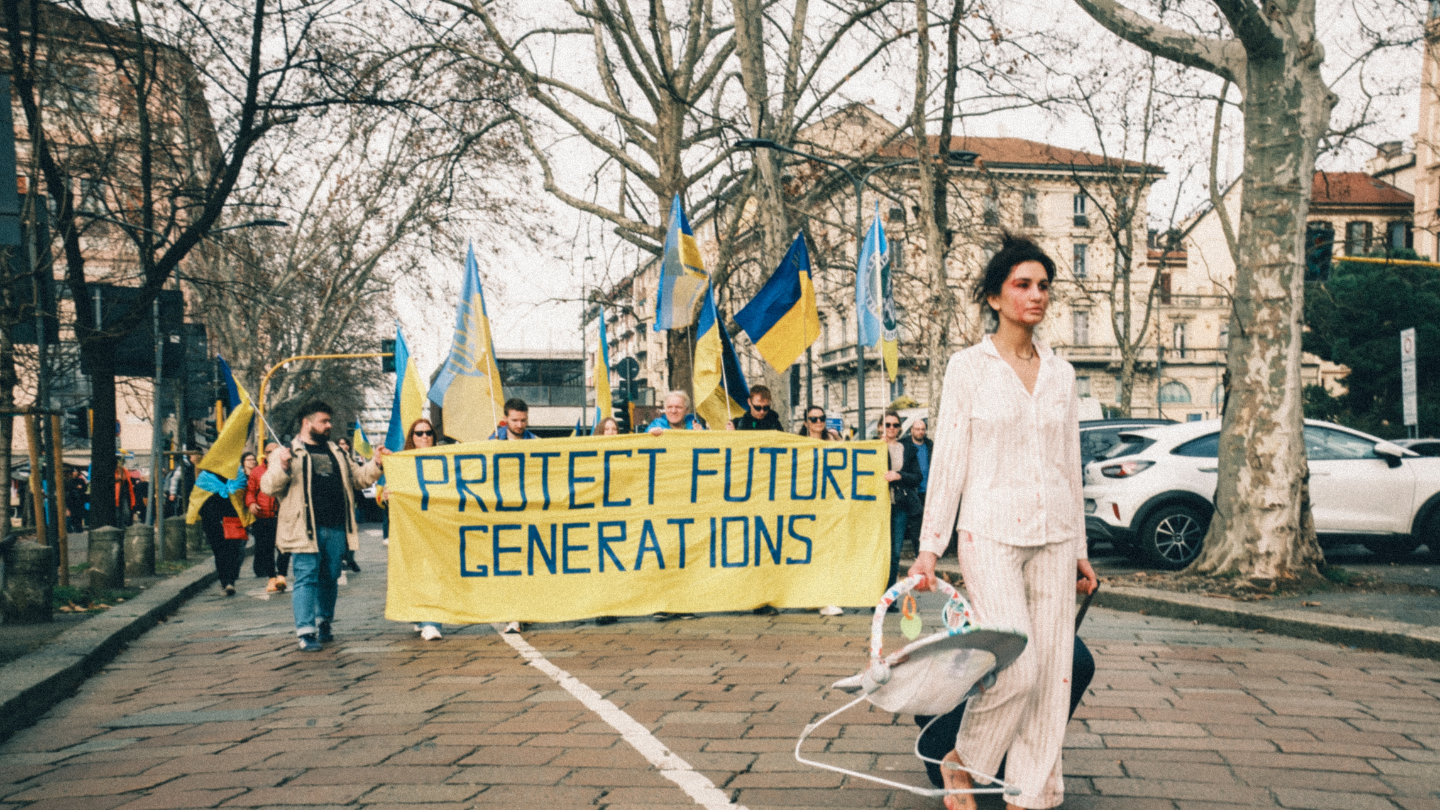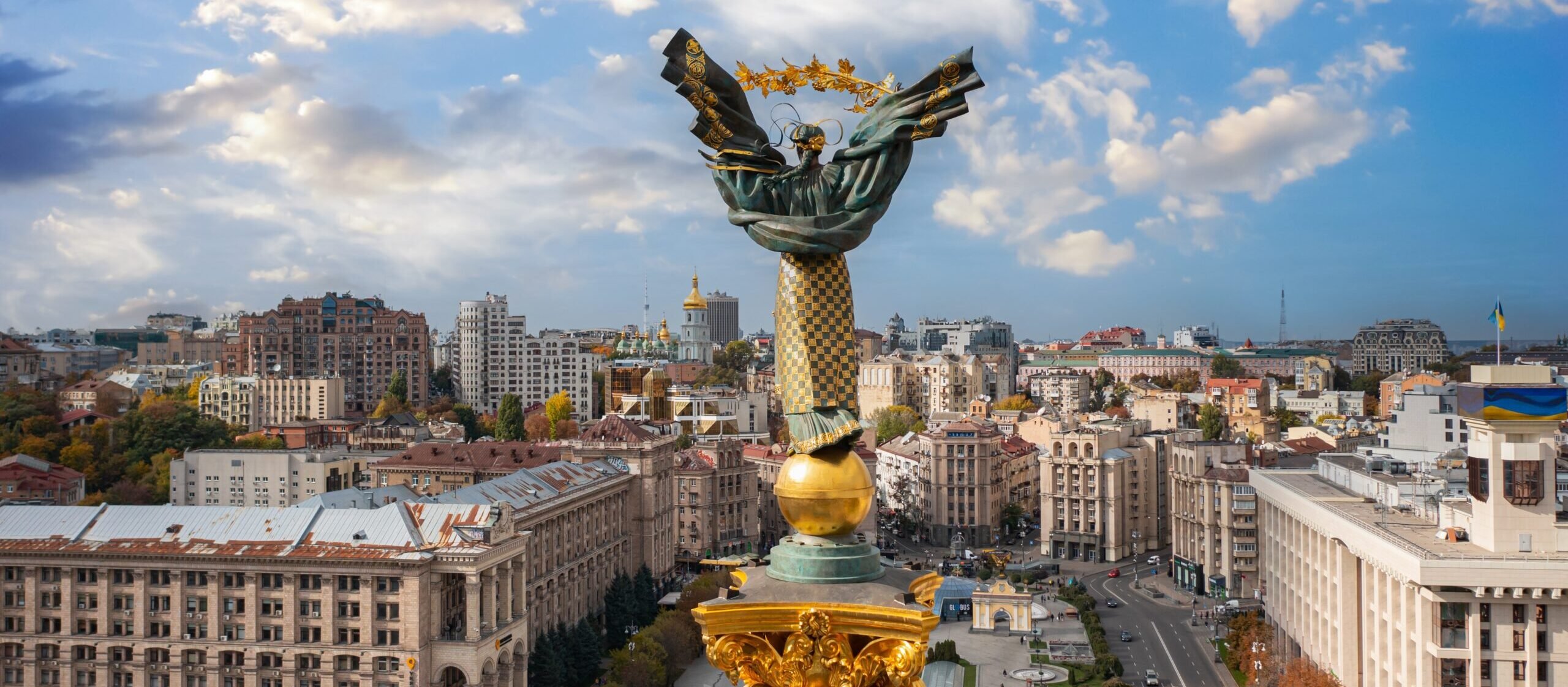

by Pavlo Kazarin, Ukrainian journalist, publicist, TV and radio host, recipient of the 2020 Georgiy Gongadze Prize.
Source: Ukrainska Pravda
Every Independence Day from now on is a reminder of Russia’s invasion. Six months separate our Independence Day on Aug. 24 from Feb. 24 when in 2022 Russia launched an all-out war.
And today marks exactly 3.5 years since the start of the full-scale war.
War inevitably becomes a stress test for a country. It tests a state’s resilience, its institutions’ effectiveness, and its citizens’ solidarity. Our partners and allies in the West and our enemies in the East were convinced that we would fail all three tests. They were wrong.
A requiem for ‘little Russia’
Russia might have believed we wouldn’t withstand the war because from its perspective, our country had voted for peace three years earlier based on Volodymyr Zelenskyy’s campaign promise.
The 2019 election results could have been interpreted in Moscow as an electoral surrender. The Kremlin likely grew confident that the population of its neighboring country was tired of both the war and the “party of war.”
And the fact Zelenskyy over the three years leading up to the full-blown war, had shifted from a position of “let’s meet in the middle” to banning pro-Russian media holdings, could have been seen as a betrayal of his own electorate.
This disconnect between campaign slogans and real-world policy might have created the illusion in Moscow that the Ukrainian elite was out of touch with its people. That politicians were holding their voters hostage. That the outcome of the landslide 2019 vote would allow the Russian army to march in columns to the Ukrainian capital without even having to deploy into combat formations.
Kremlin ruler Vladimir Putin was so blinded by his own illusions that in the first days of the all-out war, he even recorded an appeal to the Ukrainian military, urging them to seize power.
As a result, the Russian army, which had prepared for a “special operation,” discovered it was fighting a full-scale war.
In the first months of the invasion, we saw protests against the occupiers in southern city of Kherson, videos of civilians stopping Russian tanks in the northeastern Chernihiv region, and spontaneous partisan resistance behind enemy lines.
We saw everything that never happened in the neighboring Russian region of Kursk when the Ukrainian army entered it.
And if Putin had any lingering illusions before the war that there was some “other Ukraine” ready to wear traditional trousers and dance the hopak for its “older brother,” they most likely were shattered in that first year of 2022.
The Unknown Land
Here is the text translated into American English.
The collective West may have thought we wouldn’t withstand the invasion because it, too, was a captive of its own illusions.
For decades, Europe was accustomed to viewing Russia, in both its “Soviet” and “post-Soviet” incarnations, as the embodiment of a ruthless force that only Washington could contain. The Kremlin had long been successful at marketing the phantom of its own might, and this myth sold well across the European Union.
When Europe looked east, it looked through the lens of Kyiv straight to Moscow. For a long time, our country was seen as just another borderland that couldn’t define its own identity. We were an object of negotiations, not a subject. For a long time, our country was merely a source of news about an active minority in the streets that opposed the outcome of rigged nationwide elections.
The West for decades viewed Russia as “too big to fail,” to use a euphemism for how economists describe the larger multinational banks.
It had an armored fist that was capable of reaching the English Channel. It had strategic aviation and missile cruisers. Hypersonic missiles and a professional army on which it had not scrimped for the past 20 years. All the things that the Armed Forces of Ukraine would later learn to destroy.
We were the classic underdog, the David against Goliath, and no one was ready to bet on us.
No one believed in our future, and no one knew our past. We were a country known for revolutions, boxing, and the Eurovision song contest. Those who had forgotten how to wage war believed that we wouldn’t be able to handle it either. We had to surprise them. And, in the process, ourselves.
Continue reading it in the Ukrainian language.
Cover: Shutterstock
